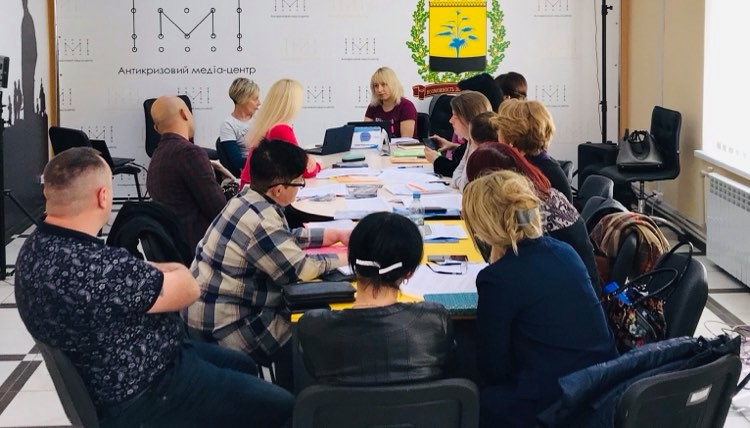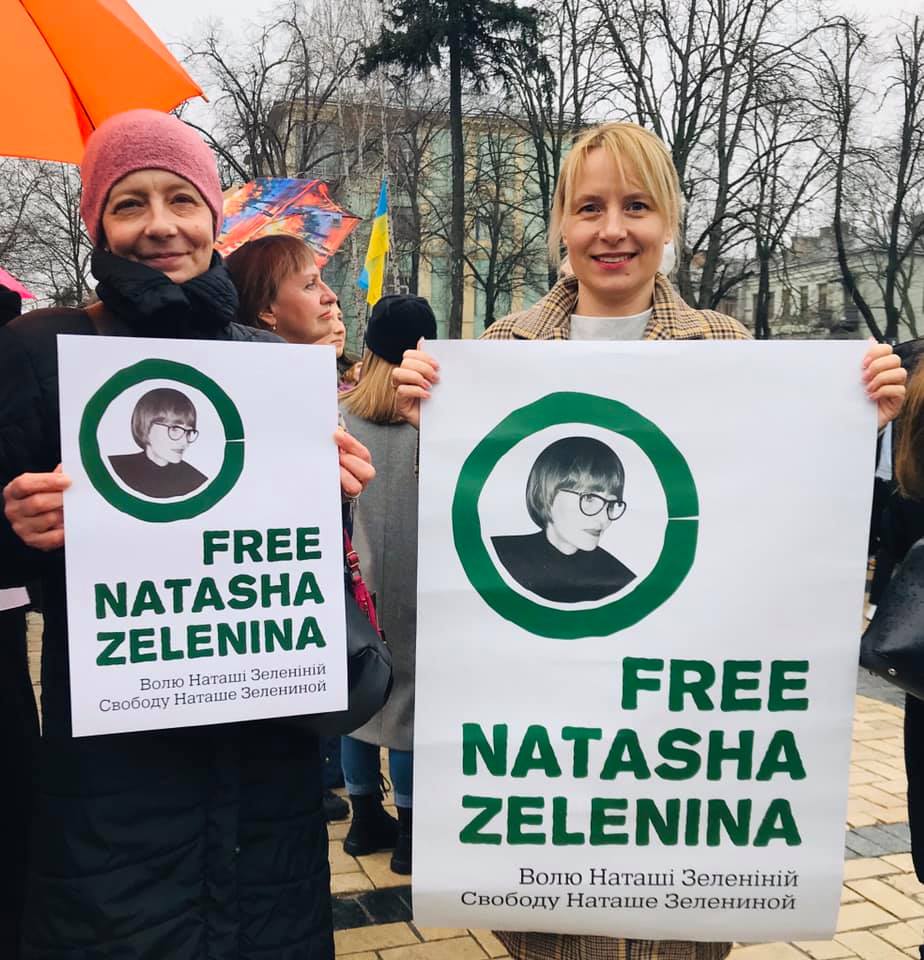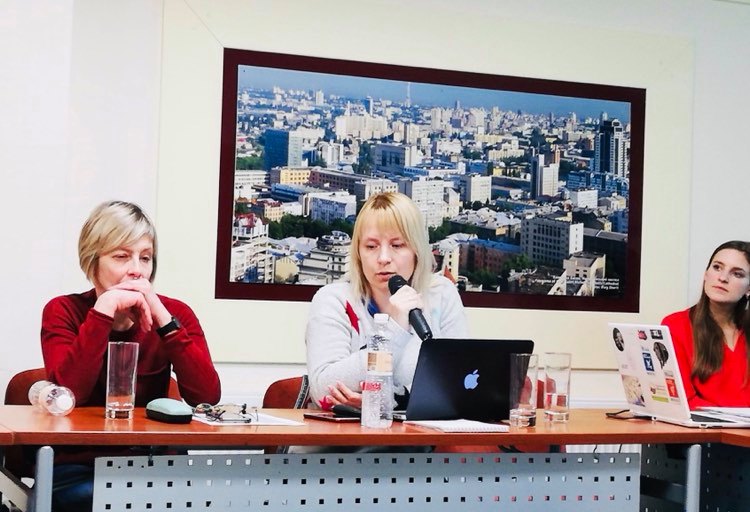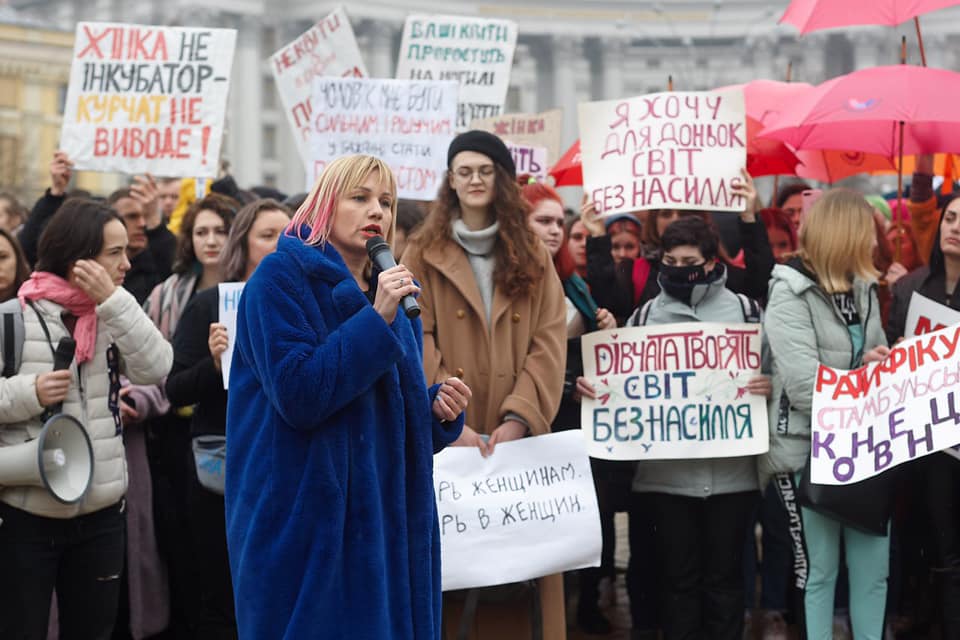| RFP number | EHRA-11-06 |
| RFP name | Consultant to prepare analytical report on the access to shelters |
| Closing date and time: | 24:00 EET December 24, 2021 |
| Email for submissions: | info@harmreductioneurasia.org |
General information
Eurasian Harm Reduction Association (EHRA) is a non-for-profit public membership-based organization uniting harm reduction activists and organisations from Central and Eastern Europe and Central Asia (CEECA) with its mission to actively unite and support communities and civil societies to ensure the rights and freedoms, health, and well-being of people who use psychoactive substances in the CEECA region. EHRA produce up to 20 different publications per year, based on collected information or conducted meetings.
The project “Access to Comprehensive care for Women Who Use Drugs in case of violence”, funded through the Global Fund to Fight AIDS, Tuberculosis and Malaria Response Mechanism to COVID-19, in addition to the Multicountry Project “Sustainability of Services for Key Populations in the Eastern Europe and Central Asia ”(#SoS project), implemented by the Alliance for Public Health and partners in 14 countries of the Central and Eastern Europe and Central Asia (CEECA) region, EHRA’s work is aimed at improving the access of women who use drugs and survivors of violence to shelters, psychosocial (including psychiatric) and legal services, which have become even more during the COVID-19 epidemic.
In 2021 EHRA together with national partners developed the guide Help Impossible to ignore, which describes the range of problems faced by women who use drugs in situations of violence, as well as recommendations for various stakeholders on how to organize comprehensive services. From 2021 to early 2022, EHRA plans to hold regional webinars for police and social workers to respond to and work with violence against women who use drugs. At the same time, EHRA partners in Ukraine, Serbia, North Macedonia, Kazakhstan and Russia are working to build partnerships and advocate for the access of women who use drugs to shelters for women in situations of violence.
Scope of Services
EHRA is looking for an individual consultant to:
- Document and prepare a report (3-5 pages in Russian or English) based on the results of a regional webinar with representatives of law enforcement agencies (until December 30, 2021)
- Document and prepare a report (3-5 pages in Russian or English) based on the results of the regional webinar with representatives of social services (Until February 10, 2022)
- Collect examples and best practices (at least 5 cases) of providing services for women who use drugs in cases of violence (until February 20, 2022)
- Prepare a report (30 pages in Russian or English) with recommendations based on the collected cases and conducted webinars (Until March 15, 2022)
Evaluation criteria / requirements for candidates:
Submitted applications will be evaluated by the evaluation panel of the Eurasian Harm Reduction Association.
When evaluating proposals, a two-step procedure will be followed:
- assessment of previous experience (portfolio) by technical criteria – 80% in the overall assessment;
- cost comparison (best value for money) – 20% of the total assessment.
Costs are evaluated only for technical applications with a minimum of 80 points out of a maximum of 100 as a requirement to pass the technical evaluation. A proposal that does not meet the minimum technical threshold will be not considered further.
The following technical criteria (80%) will be used to evaluate the submitted applications (the maximum possible number of points is 100):
| Points | |
| Experience in preparing analytical reports | 35 |
| Experience in working with women who use drugs | 30 |
| Regional expertise in harm reduction and drug policy | 35 |
|
Maximum possible number of points |
100 |
Cost evaluation (20%): EHRA will give the same consideration to submitted and registered work experience and qualifications as to the cost of services. The cost of the proposal will be assessed by the EHRA in terms of the best value for money in US dollars, and other factors.
This announcement shall not be construed as a contract or a commitment of any kind. This request for proposals in no way obligates EHRA to award a contract, nor does it commit EHRA to pay any cost incurred in the preparation and submission of the proposals.
How to apply
To be eligible as a EHRA consultant, any organization or individual must comply with the Eurasian Harm Reduction Association Code of Ethics which you can find at the following link: https://old.harmreductioneurasia.org/ehra-code-of-ethics/
Applicants must submit the following documents:
- CV with a list of similar works
- Motivation letter
- Estimated number of working days / hours for each task and cost of services in US dollars.
The maximum possible number of working days should not exceed 10.
Please submit your proposal to the info@harmreductioneurasia.org until December 24, 2021. In the subject line of your e-mail please indicate the RFP number (EHRA-11-06) and your name. Otherwise, the application will not be considered.
General conditions
Interested consultants should pay attention to the following conditions:
- EHRA will sign an agreement with the winner of the competitive selection. The contract will define a detailed work plan and payment terms.
- EHRB reserves the right (but does not assume obligations) to enter into negotiations with one or more applicants in order to obtain clarifications or additional information, as well as to agree on the terms of work.
- Winner must confirm their daily rate prior to signing the contract.

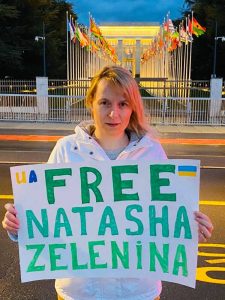 EHRA Senior Program Officer Maria Plotko spoke with chairwoman of the board of the Club ” Svitanok ” Svetlana Moroz about their study on “Access of women who use drugs to sexual and reproductive health, HIV and harm reduction services in Donetsk and Lugansk oblast”, advocacy for the rights of women who use drugs, and the situation with gender-sensitive services in Ukraine.
EHRA Senior Program Officer Maria Plotko spoke with chairwoman of the board of the Club ” Svitanok ” Svetlana Moroz about their study on “Access of women who use drugs to sexual and reproductive health, HIV and harm reduction services in Donetsk and Lugansk oblast”, advocacy for the rights of women who use drugs, and the situation with gender-sensitive services in Ukraine.